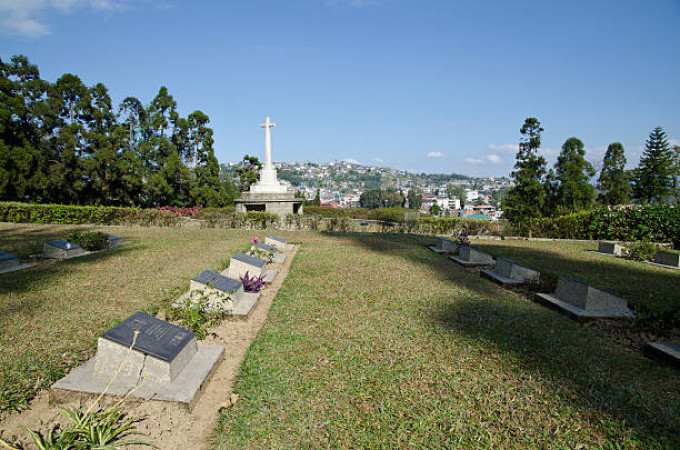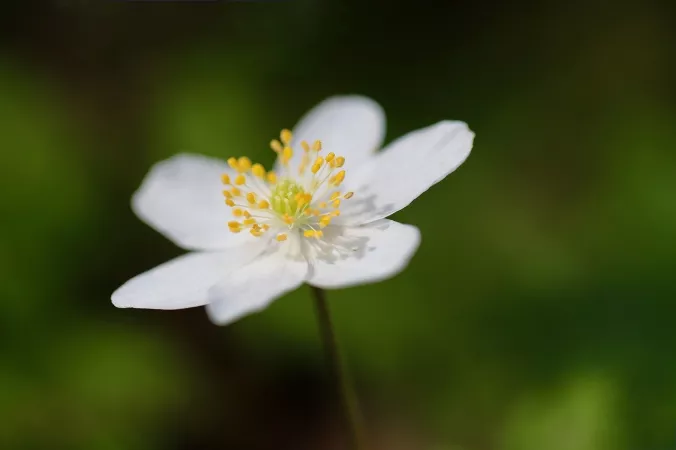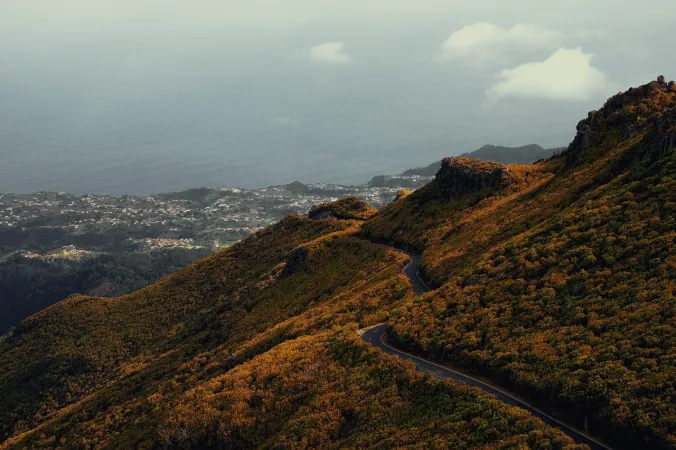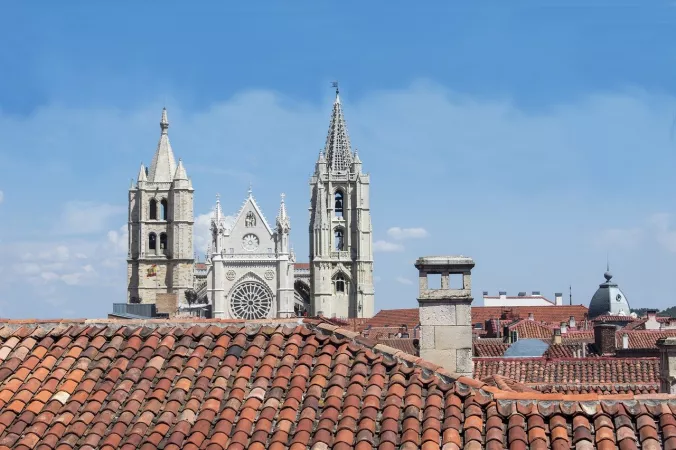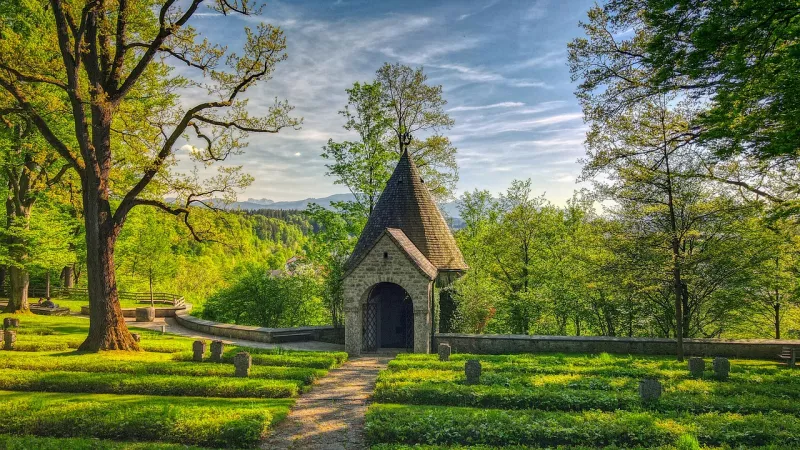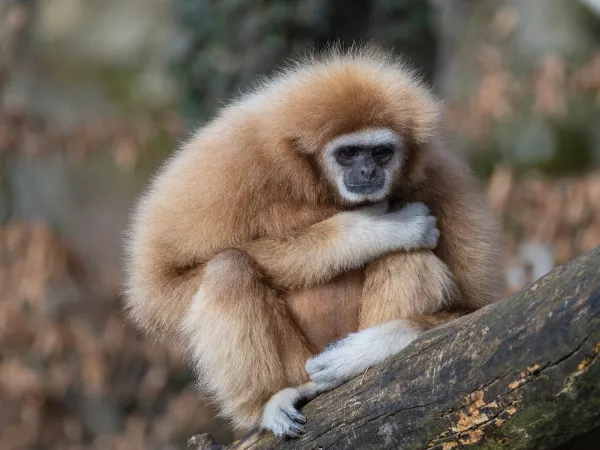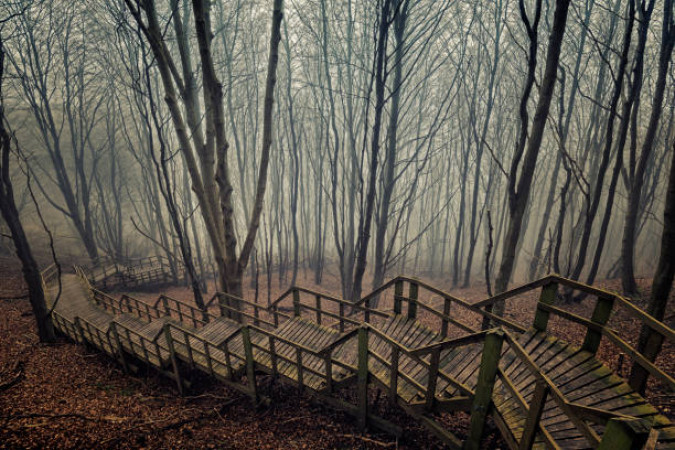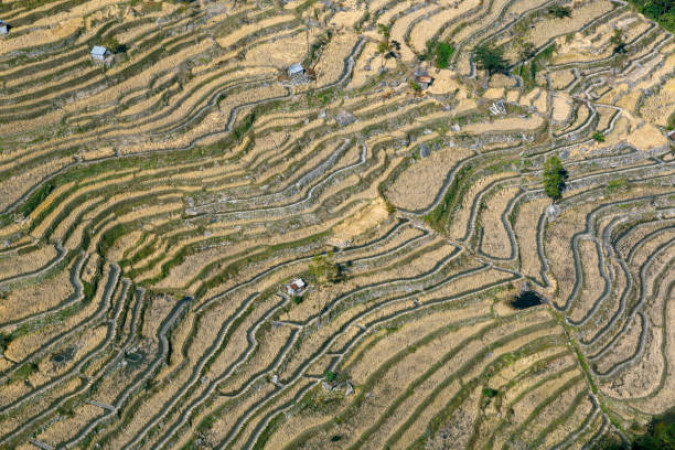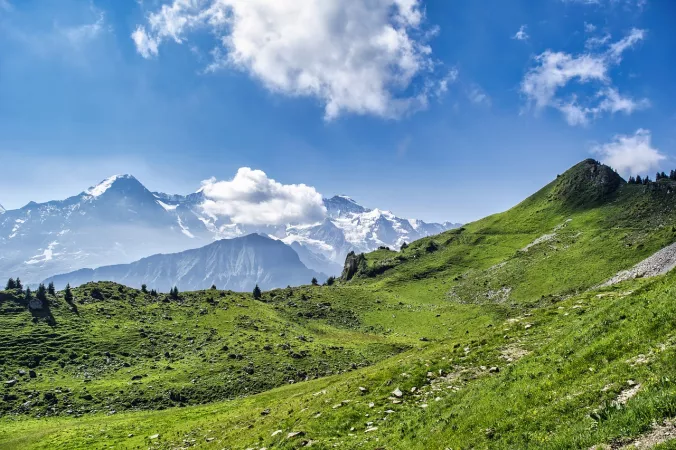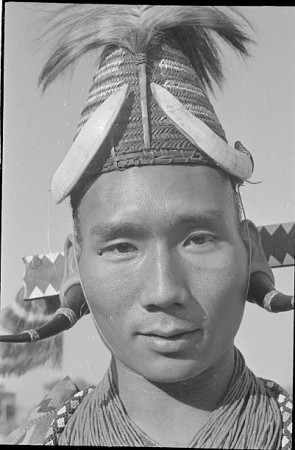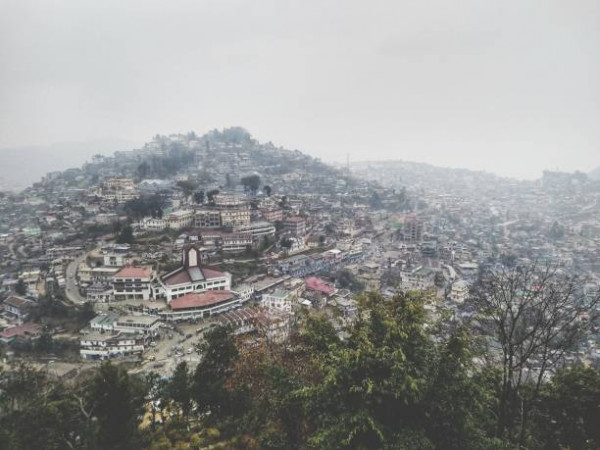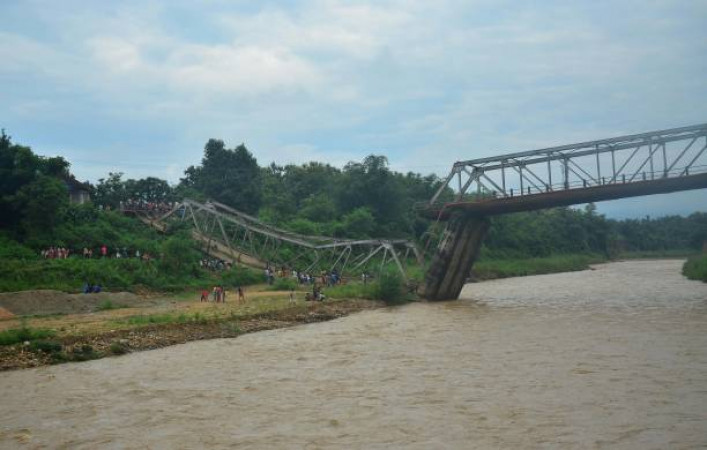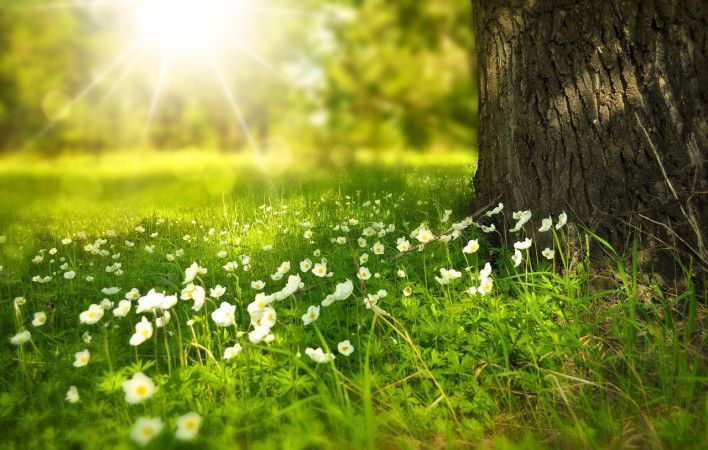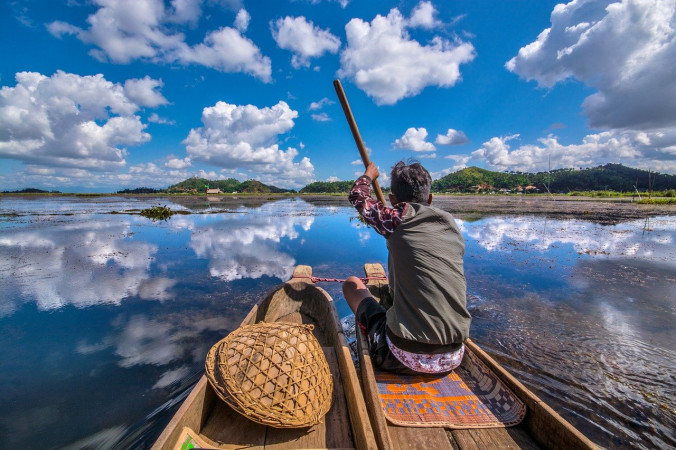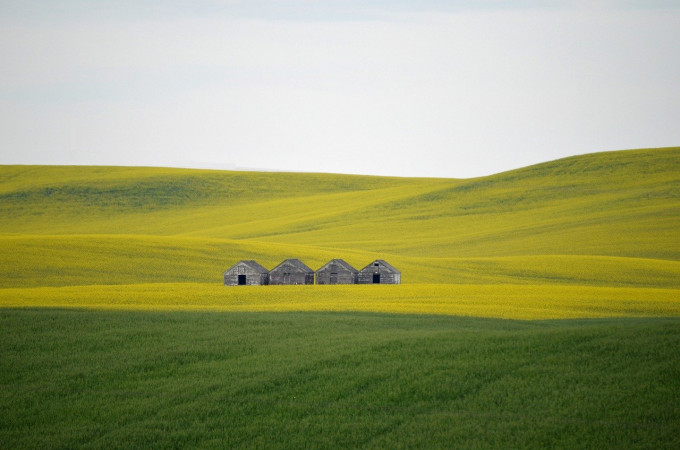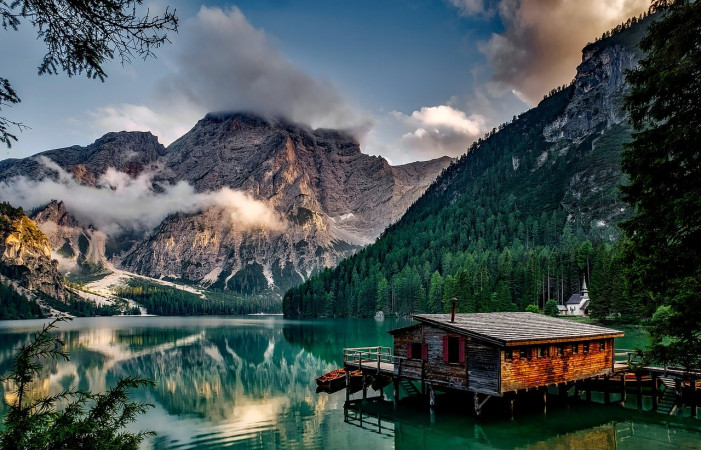Hi User
Navigation
Kohima Travel Guide
Kohima, the capital of Nagaland in Northeast India, is a charming hill station known for its rich history, stunning natural beauty, and vibrant tribal culture. Nestled at an altitude of 1444 meters above sea level, Kohima is famous for its role in the World War II Battle of Kohima and the Hornbill Festival, a celebration of Naga tribal heritage. The town offers a unique blend of traditional Naga huts and modern structures, making it a fascinating destination for history buffs and nature enthusiasts alike.Top Attractions in Kohima
1. Kohima War Cemetery 2. Naga Heritage Village 3. Dzukou Valley 4. Japfu Peak 5. Khonoma VillageKohima is Famous for
Its historical significance as the site of the Battle of Kohima during World War II.Top Attractions in Kohima
- Kohima War Cemetery - Naga Heritage Village - Dzukou Valley - Japfu Peak - Khonoma VillageWhat's Great about Travelling to Kohima?
- Experience authentic Naga tribal culture - Explore breathtaking natural landscapes - Learn about the history of the Battle of KohimaWhat's Not So Great about Travelling to Kohima?
- Limited transportation options within the region - Some areas may not be easily accessible for individuals with mobility issuesTravel Tips for Kohima
- Check visa requirements for entering Nagaland - Hire a local guide for a deeper understanding of the culture - Respect local customs and traditions - Carry sufficient cash as ATMs may be limited in some areasImportant Kohima trip information
- Ideal Duration: 3-4 days
- Best Time to Visit: October to May
- Nearby Airports and Railway Stations: Dimapur Airport and Dimapur Railway Station
Top 9 Places to visit in Kohima
Help & Support
Call Us Now
+91-8069145442
4 days & 3 nights
4.9 (215)
Couple Trip-Kohima Honeymoon Tour Package Of 3N 4D
Kohima
Tour package by Tourwithme
Verified
INR 22,933 SAVE INR 5,733
INR 17,200 /Adult
6 days & 5 nights
4.9 (215)
5N/6D Imphal & Kohima Tour Package
3D Imphal • 3D Kohima
Tour package by Tourwithme
Verified
INR 44,750 SAVE INR 8,950
INR 35,800 /Adult
5 days & 4 nights
4.9 (215)
Kohima Tour Package Of 4N 5D-copy
Kohima
Tour package by Tourwithme
Verified
INR 24,000 SAVE INR 6,000
INR 18,000 /Adult
4 days & 3 nights
4.9 (215)
Best Trip-Kohima Tour Package Of 3N 4D
Kohima
Tour package by Tourwithme
Verified
INR 16,000 /Adult
4 days & 3 nights
4.9 (215)
Couple Trip-Kohima Honeymoon Tour Package Of 3N 4D
Kohima
Tour package by Tourwithme
Verified
INR 17,200 /Adult
3 days & 2 nights
4.9 (215)
Family Trip Of Kohima-Kohima Tour Package Of 2N 3D
Kohima
Tour package by Tourwithme
Verified
INR 18,000 SAVE INR 4,500
INR 13,500 /Adult
FAQ's on Kohima
Q1: What is the best time to visit Kohima?
The best time to visit Kohima is during the months of October to May when the weather is pleasant and suitable for exploring the city. This period also coincides with the famous Hornbill Festival in December, a major cultural event in Nagaland. Tourist seasons are usually in winter and spring, so plan your visit accordingly.
Q2: Do I need a visa to travel to Kohima?
Yes, tourists visiting Kohima, as part of Nagaland in India, require a valid Indian visa. Make sure to check the specific visa requirements based on your nationality. Indian e-Visa facilities are available for many countries, simplifying the visa application process for short stays.
Q3: What are the must-visit attractions in Kohima?
Kohima offers a unique blend of natural beauty and cultural heritage. Must-visit attractions include the War Cemetery, Naga Heritage Village, Khonoma Village, Dzukou Valley, and Japfu Peak. Immerse yourself in the local culture by exploring the traditional Angami villages and experiencing the vibrant Hornbill Festival.
Q4: Is Kohima a safe place to travel?
Kohima is generally a safe destination for travelers. However, like any other place, it is advisable to stay cautious, especially at night and in crowded areas. Avoid isolated areas and be vigilant with your belongings. Respect local customs and traditions to have a smooth and safe travel experience.
Q5: What is the local currency in Kohima and can I use credit cards?
The local currency in Kohima, as in the rest of India, is the Indian Rupee (INR). ATMs are available in the city for cash withdrawals, and major hotels, restaurants, and stores accept credit cards. It's recommended to carry some cash for smaller establishments and local markets.
Q6: What is the local cuisine like in Kohima?
Kohima offers a unique culinary experience with Naga cuisine. Try local delicacies like smoked pork with bamboo shoots, akhuni (fermented soybean), and various spicy meat dishes. Vegetarians can enjoy dishes made with fresh local vegetables. Be prepared for the spicy and flavorful taste of Naga food. Dietary considerations can be accommodated at some restaurants.
Q7: What transportation options are available in Kohima?
In Kohima, transportation options include taxis, shared cabs, and auto-rickshaws for short distances. Public buses also connect different parts of the city. For more flexibility, you can opt for rental cars or bikes, but be prepared for narrow and hilly roads. Hiring a local guide for sightseeing can enhance your travel experience.
Q8: Are there any cultural norms or etiquette I should be aware of when visiting Kohima?
When visiting Kohima, respect for local customs and traditions is essential. Dress modestly, especially when visiting religious sites or interacting with locals. Seek permission before taking pictures of people or their homes. Greet people with a smile and be open to learning about the Naga culture. Avoid public displays of affection and be mindful of local sensitivities to ensure a harmonious stay in Kohima.
Q9: I am a travel agent. How can I buy travel leads of Kohima?
Register yourself as a travel agent at agents.tripclap.com and then you can buy travel leads to Kohima once your account is approved. For more details contact our support team at +91-8069186564 or support@tripclap.com
Certified
We accept (more)
Members of
Media Recognition
Trusted Partners
Award
Copyrights © TripClap. All Rights Reserved
